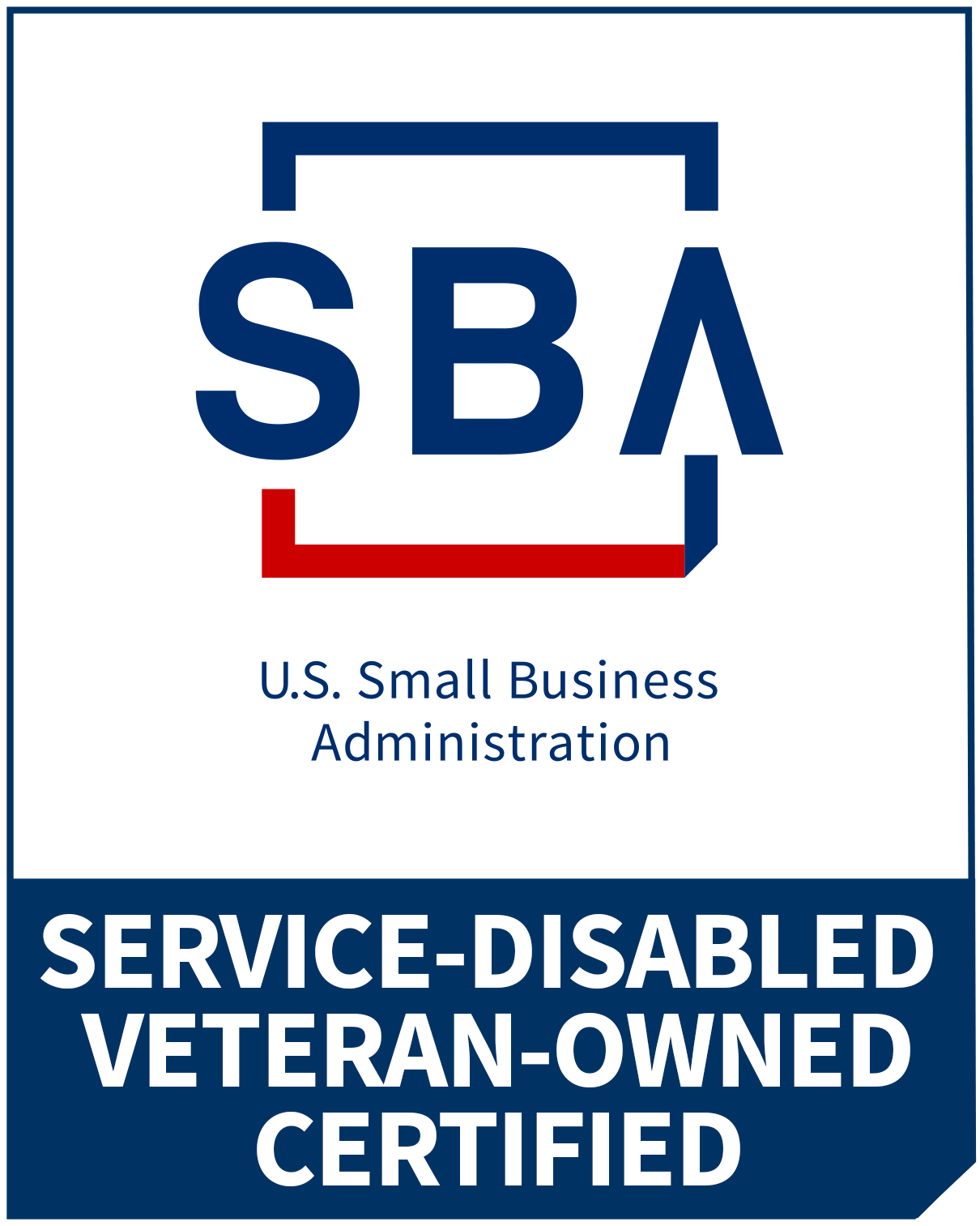Probably one of the worst shows streaming these days is Kobra Kai, but if you’re like me, you can’t look away. Naturally, being a Gentleman of a Particular Age™, the original Karate Kid movie was part of my growing up, so I was curious. In the modern iteration, the acting is atrocious, the dialog is forced and clumsy, and for that matter, even the plot lines are eye-rollingly bad with all the surprise loyalty shifts and team-jumping. But anyway, one definitely redeeming facet of the show is the frequency of throwbacks to lines and experiences from the original franchise that make you smile about a different time. A long way to go to set up that, one of Mr. Miagi’s famous pieces of advice to a young Daniel was that the best way to win a fight is to avoid it, or, in his trademark broken English, “No Be There.” The idea being, the best way to win a fight is to avoid it, and one way to avoid it is not to be there when it happens. (There’s an episode where Johnny, who these days is on-again-off-again no longer a nemesis, but rather a reluctant partner of Daniel, cheekily gets the pair into a fight with some tough hockey players but conveniently spirits himself away and out of harm to leave Daniel to fend for himself. “No be there,” he says, returning once Daniel has vanquished the menacing crew.)
That came to mind recently when reflecting on an experience I had last year at a hotel for a conference. For complicated reason having to do with the nature of my reservation, I had to take a trip down to the front desk. Being that I was there for two conferences back to back, they had to split my reservation into two and that required the issuing of two keys a few days apart, one for each separately-booked reservation. Not a big deal, not a big hassle, even, but given that I stayed in the same room, even with the same organization, there’s really no reason there shouldn’t have been some way to make it more seamless.
But it wasn’t done that way, and after going to the fitness center on the morning of what—technically, from the perspective of the hotel—was the first day of the second reservation, I was locked out of my room and had to go back down to the lobby and get a new key. It wasn’t the end of the world, I had to go back down to the registration counter and they were pretty easily able to help me out (even though I had to convince them who I was since I didn’t have my ID with me).
The guy at the desk did a pretty okay job. There was nothing spectacular about it, but he was just a little curt…certainly not bad enough to complain about, and perhaps he’d had a long night and was just ending his shift when I came up, sweaty and looking questionable, asking for a new room key. But still, he didn’t handle it all that well. He had a little bit of an attitude.
That got me to thinking…what if I’d been having a rough morning, too? After all, I was kind of tired, having woken up early to work out and, well, having just worked out. And surely I had reason to be frustrated: I’d gone all the way from the first floor in the fitness center to the high floor of my room, down the hall to my room, and then all the way back to the elevator and back down to the front desk. I wasn’t upset, it wasn’t really that big of a deal. But what if it had been? What if I had been in a pretty bad mood already that morning, and this little bit of hassle had made it even worse? How would my experience have been combined with the clerk’s less-than-cheery demeanor?
This isn’t to criticize him, because like I said, he didn’t have a horrible attitude and it wasn’t that bad of an experience. But why even put the two of us in that position? Why even create the opportunity to have a negative interaction with the front desk guy?
No be there.
Avoid the chance, as best you can, for someone having a bad day to turn into someone having a truly negative experience with your brand. In this case, it didn’t come to it. But it easily could have. Heck, it could have happened due to some sort of misunderstanding or a misconstrued comment or attempt a lightening the mood. You never know when (and believe me, it’s happened to me on plenty of occasions) someone is going to take something the wrong way or an otherwise anodyne interaction escalates out of nowhere into some sort of unexpected confrontation.
No be there.
If things had gone a little more sour, it may have been a very bad experience and ruined both of our days (and my impression of that hotel). But if I’d had a key that worked and gone right into my room after going up the elevator (the first time), the desk guy could have had his bad day, maybe I’d have had mine too (I didn’t; it was an awesome day, as most are when I’m on the road…no, seriously). But the brand would never have been at risk of providing a negative experience as a result.
Something to think about: You never know when something might escalate or devolve into bad news for your Customers and for you. That’s why systems and processes are so important to good CX. They help you avoid the possibility that unintended consequences come from unexpected (and unnecessary) interactions.





